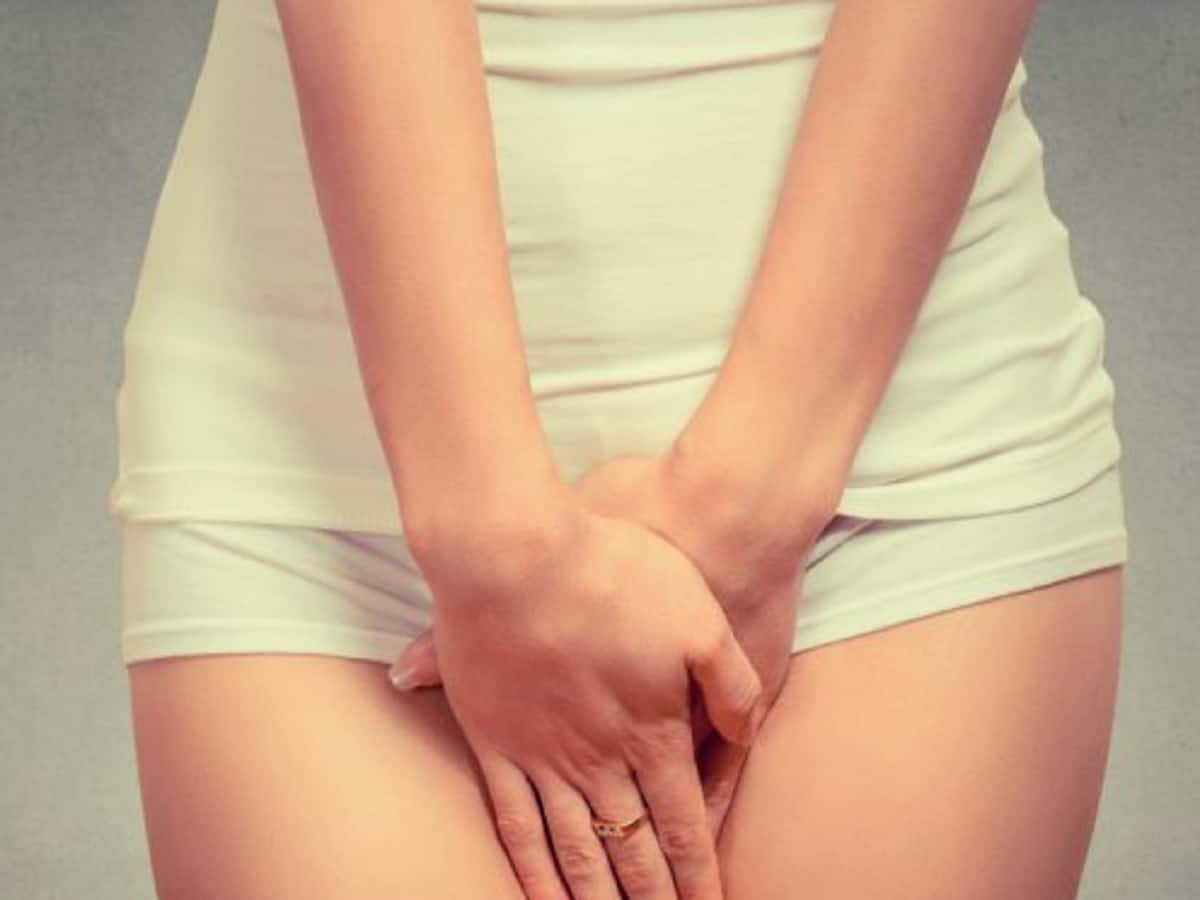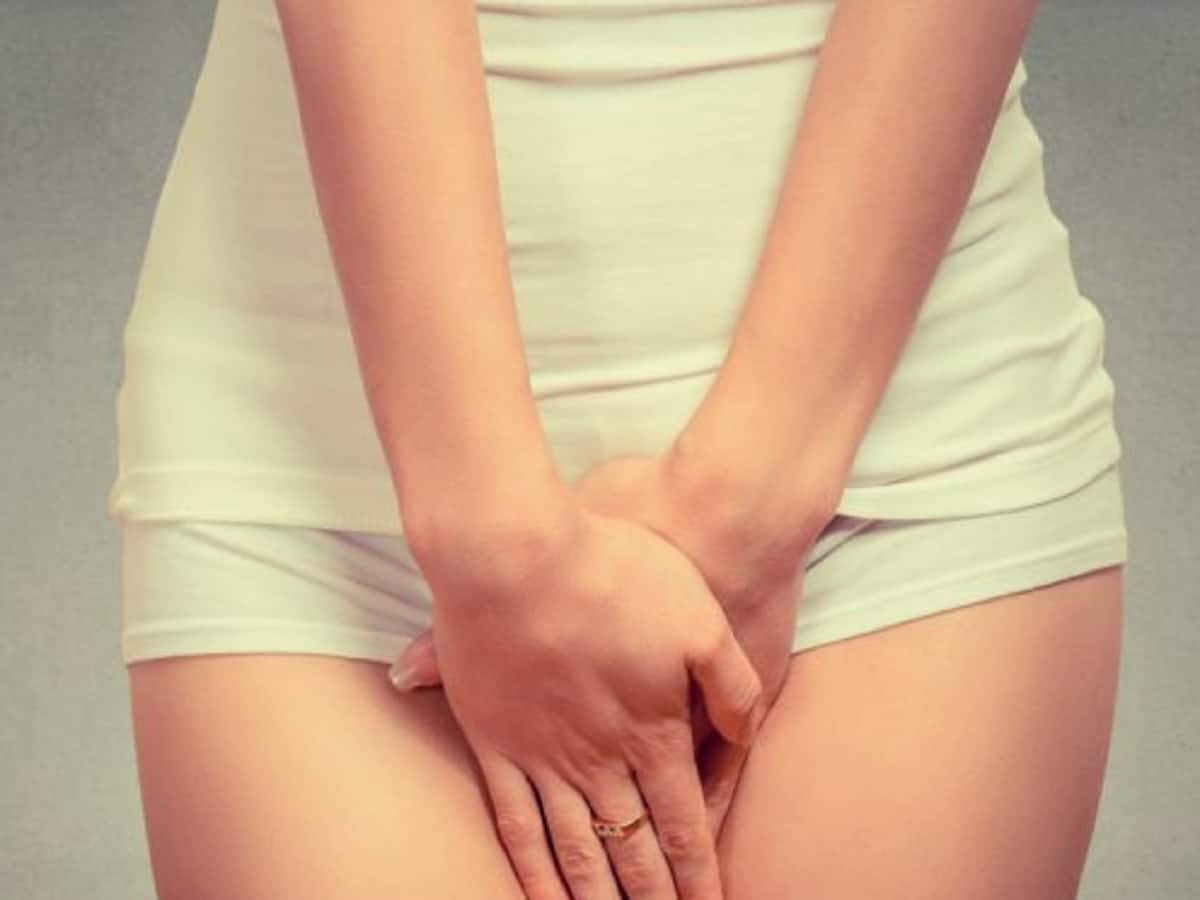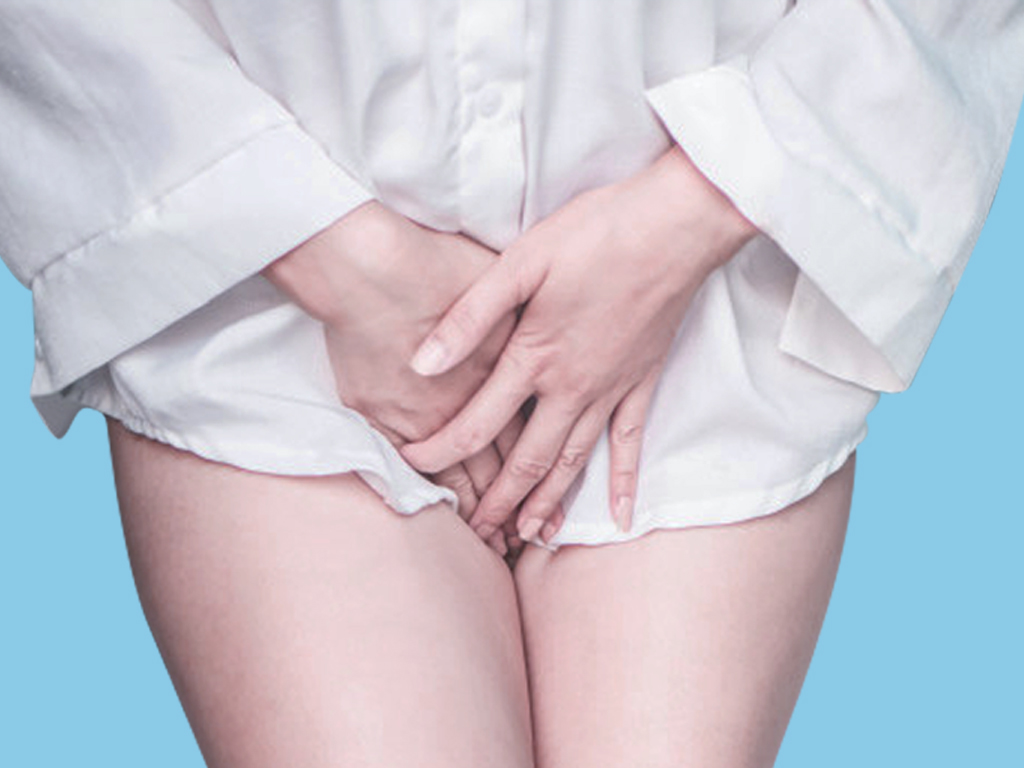Are vulva sores and boils contagious? Yes, however,  vulva sores and boils usually heal in a few weeks, some cases might be severe. Read on to know more about this infectious skin condition.
vulva sores and boils usually heal in a few weeks, some cases might be severe. Read on to know more about this infectious skin condition.
Vulva sores and boils refer to a painful pus-filled, inflamed lump that develops under the skin on the outer part of the female genitals. They can develop on the vulvar region around your vagina, the pubic area, and even the labia. Vulva sores and boils are pretty common, and they usually happen when bacteria enter the body through the skin or hair follicles (sweat glands) and causes infection. Boils start out as red coloured small bumps, but they become more painful and swollen as they grow over time. While vulva sores and boils usually heal in a few weeks, some cases might be severe. Hence, if you see pimple-like spots on your vagina, you must visit a doctor or gynaecologist to get a correct diagnosis and immediate treatment. Apart from removing the boils, treatment can also help to reduce the pain.
Are vulva sores and boils contagious?
Yes, vaginal boils can be contagious and spread from skin-to-skin contact. Some preventive measures that can be taken to prevent the infectious disease are:
- Wash your hands prior to and after touching the infected pubic region.
- Always be hygienic and keep the private area clean and dry.
- Do not share personal items like towels, clothing, and washcloths if you suffer from sores and boils.
What are the symptoms of vulva sores and boils?
Some common signs and symptoms of vulva sores and boils are:
- Painful swollen red lumps in the pubic region
- White or yellow pus-filled lumps may break open
- The boils ooze out the clear fluid
- Fever
- Chills or cold sweats
- A bump that’s larger than two inches wide
- A boil on the face
- A boil that stays for more than two weeks
- A boil that reappears after healing again and again
What are the causes of vulva sores and boils?
Boils are caused by an infection called staphylococcus, and it only leads to problems when it gets inside the body. When bacteria get inside the skin from areas that have been cut, boils, and hair follicles, sores filled with pus will form. Some causes of vulva sores and boils include:
- Being overweight or obese causes folds on your skin, leading to sores and boils to develop.
- Not washing your genital area daily, especially after exercising.
- Medical conditions such as diabetes or other diseases can weaken the immune system and reduce your ability to fight infection.
- Wearing tight-fitting clothes, especially sweaty undergarments, can cause infections.
- Shaving and waxing vaginal areas cause ingrown hairs that lead to sores and boils.
- Skin injuries and acne also cause infection.
- As sores are contagious, getting in touch with someone who had a boil can cause them.
Treatment of vulva sores and boils
The most common vulva sores and boils treatment is by draining the boils. A doctor or gynaecologist usually applies an antibiotic ointment and a sterile bandage to heal the boil. Severe boils that are deeper in the skin might need a treatment with oral or intravenous (IV) antibiotics. The type of antibiotic prescribed varies from person to person as it depends on the nature and severity of the infection.
How to prevent getting vulva sores and boils again?
Some common tips to reduce your odds of getting future vulva sores and boils are:
- Do not use the same razor for an extended period: A razor is the leading cause of ingrown hairs and changing razors or blades once every three months reduces your odds of infections.
- Never share razors: Razors can easily transfer bacteria responsible for boils. Therefore, keeping your razor clean, dry, and away from others is recommended.
- Stay hygienic: Washing your hands, private areas, keeping vagina dry by using wipes and wearing clean underwear can reduce the risk of infection.
- Stay fit: Maintaining a healthy weight by exercising and eating healthy can prevent skin folds and the development of boils.









